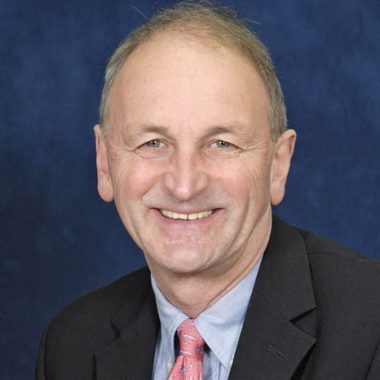GPs should be offered new voluntary contract ‘based on outcomes’

GP practices should be offered a new voluntary contract based on outcomes that would ‘sit alongside’ existing contracts, recommends a leading thinktank.
A report from the Kings Fund – published today – urges the new contract to encourage GPs to form federations and integrate with other services.
Published today, ‘Commissioning and funding general practice: making the case for family care networks’ lays out a plan for providing patient services outside of hospitals, with general practice at its core.
They build on ideas published last July by the King’s Fund and the Nuffield Trust, but have been criticised by the GPC as ‘another reorganisation’ rather than addressing the ‘serious workload and funding challenges’ already faced by practices.
The report says that the coalition Government’s reforms since 2010 have ‘focused far too much on the involvement of GPs in commissioning’ rather than improving their role as providers.
To do this it proposes a voluntary contract to encourage practice to form alliances together to provide ‘more comprehensive care outside of hospital’.
Related articles
Alternative GP contract needed so practices can expand, say think tanks
Dr Peter Smith: There’s no need for a new ‘alternative’ GP contract
It says: ‘Practices able and willing to do more would have the opportunity to take on a budget with which they would form federations to deliver care and integrate with other services.’
It adds: ‘Most GP practices are too small to do this on their own and need to work together in federations or networks to achieve the necessary scale.’
The federations would take on the new contract which would allocate funding based on the list size and need of the practices involved, and set outcome targets – allowing them flexibility in how they achieve them.
King’s Fund chief executive, Professor Chris Ham, said: ‘This new funding and commissioning model for primary care could offer GPs an important opportunity to lead the way in finding new and innovative ways of working.’
‘At a time when NHS budgets are increasingly under pressure and the proportion spent on general practice is in decline, these proposals could bring funding into general practice if GPs take responsibility for providing and co-ordinating a wider range of services.’
But GPC Chair, Dr Chaand Nagpaul, said the King’s Fund report is right to recognise ‘the unique contribution’ general practice makes. But he added: ‘However, general practice does not need another reorganisation on the back of the incredibly time consuming and costly restructuring GPs have only just undergone.
‘Instead we should be focusing on tackling the serious workload and financial challenges facing GP practices, and supporting them to evolve and develop rather than wasting resources rearranging the NHS’ already complicated bureaucracy.’
NHS Alliance chair Dr Michael Dixon said they ‘fully support’ the report, and that it was important that general practice ‘took take the initiative’ on developing care in the community.
He added: ‘The real issue is how do we keep the small is beautiful aspect of GP – the relationships with the patients and personalised care – while also enabling it to work at scale to provide services outside hospital, and become a serious influencer of local health.’











